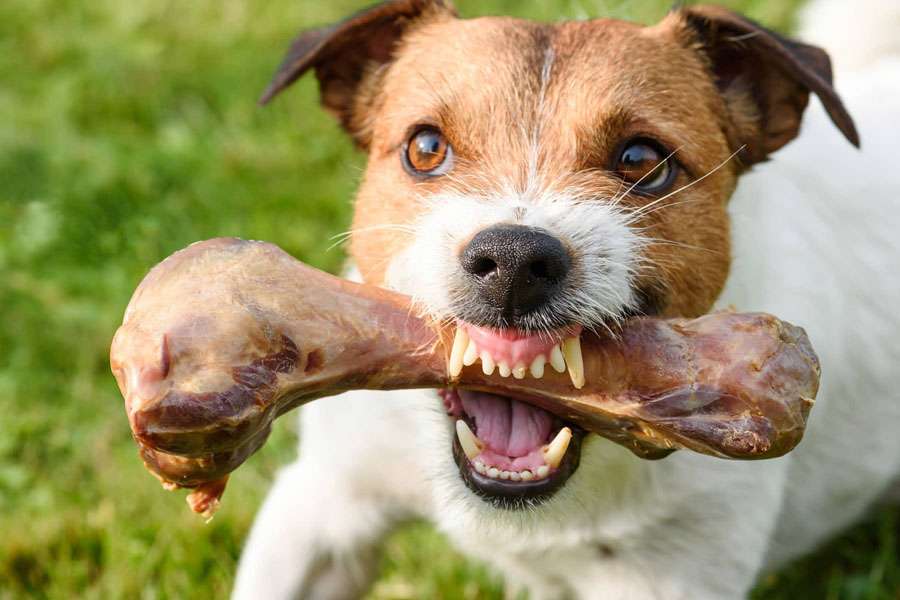Aggression in dogs, and this includes Maltese dogs, can be caused by many things. Whatever the cause or causes of this aggression it needs to be identified and fixed as soon as possible before it becomes a more serious problem.
Source Of Aggressive Behavior In Maltese Puppy Dogs
When a puppy is as young as 6 weeks old it can pick up aggressive behavior so you need to socialize your Maltese puppy with other dogs. This socialization needs to extend out to at least 14 weeks of age, maybe even longer. So what does this mean? Never take a puppy away from the litter before 8 weeks of age.
Between 8 and 10 weeks of age ensure you treat your Maltese puppy very gently, that is no yelling, smacking etc. This will help minimize any future aggressive behavior in your dog. To help ensure your Maltese puppy grows up well adjusted he or she needs to have been properly socialized with people and other dogs by the time he or she reaches 14 weeks of age.
Aggression in dogs can be triggered by all sorts of issues. Heredity and genetics are certainly factors – but of course some breeds can be more aggressive than others – but it is by no means a hard fast rule. Additionally, dogs that have not been neutered or spayed are more prone to aggressive tendencies.
It seems the most important factor in creating or preventing aggressive behavior in dogs is their environment. If a dog is living in poor conditions, has harsh treatment from its masters, does not socialize, or has been frightened or attacked by another dog it is far more likely to be aggressive. Aggression can grow from the need to establish a pack pecking order. Biting, posturing, and other aggressive tendencies are often contributed to the dog testing for dominance. You need to establish dominance at a young age and maintain that position throughout your dog’s earlier years to ensure he or she doesn’t get a chance to take control of your household.
Stopping and Controlling Aggressive Behavior in Maltese Dogs
If your pet Maltese exhibits aggressive behavior after 14 months of age, when it has reached sexual maturity, you need to address the issue straight away. The first thing to do, make sure you have established yourself as the pack leader. Don’t reward your Maltese dog for any aggressive behavior, even if it is scared.
Obedience training is very important. Train your dog to respond to your key commands and control feeding and walking times, and make sure the dog has a strong leader in the house. This leader needs to be you, the alpha leader. If you allow your Maltese to get away with such issues in your home, it will exhibit stronger aggression toward others.
If your dog is defensive-aggressive, he or she may strike out at a person in fear. These dogs may not have been properly socialized. Keep them away from small children (which they may see as direct threats) and attend dog obedience training sessions or behaviorist who can help your dog to socialize correctly.
Aggressive behavior in dogs is a huge problem that many owners have, but it can be controlled. Don’t let your dog be a problem dog. If your dogs aggression ever leads to violence, consider hiring a professional to sort the problem before someone gets hurt and your dog is held responsible.
Aggressive behavior in dogs can be triggered by all sorts of issues. Heredity and genetics are certainly factors – but of course some breeds can be more aggressive than others – but it is by no means a hard fast rule. Additionally, dogs that have not been neutered or spayed are more prone to aggressive tendencies.
Forrest is a lover of dogs, the wild outdoors, deep mysterious conversations… and coffee. He is the owner of several websites, including Canine Weekly. He resides in Austin, Texas.

